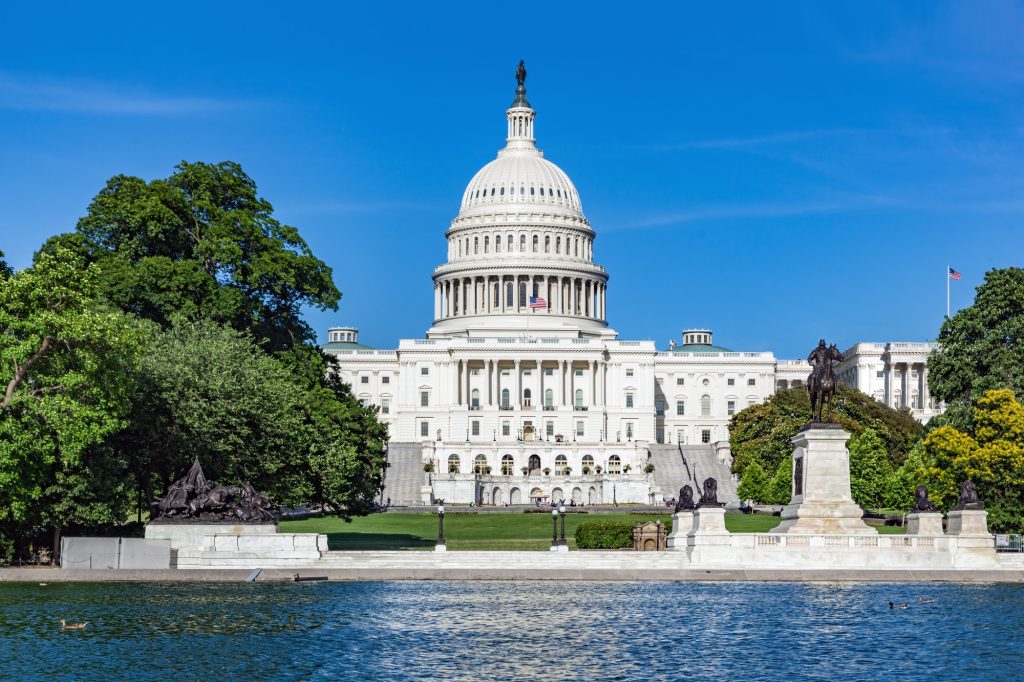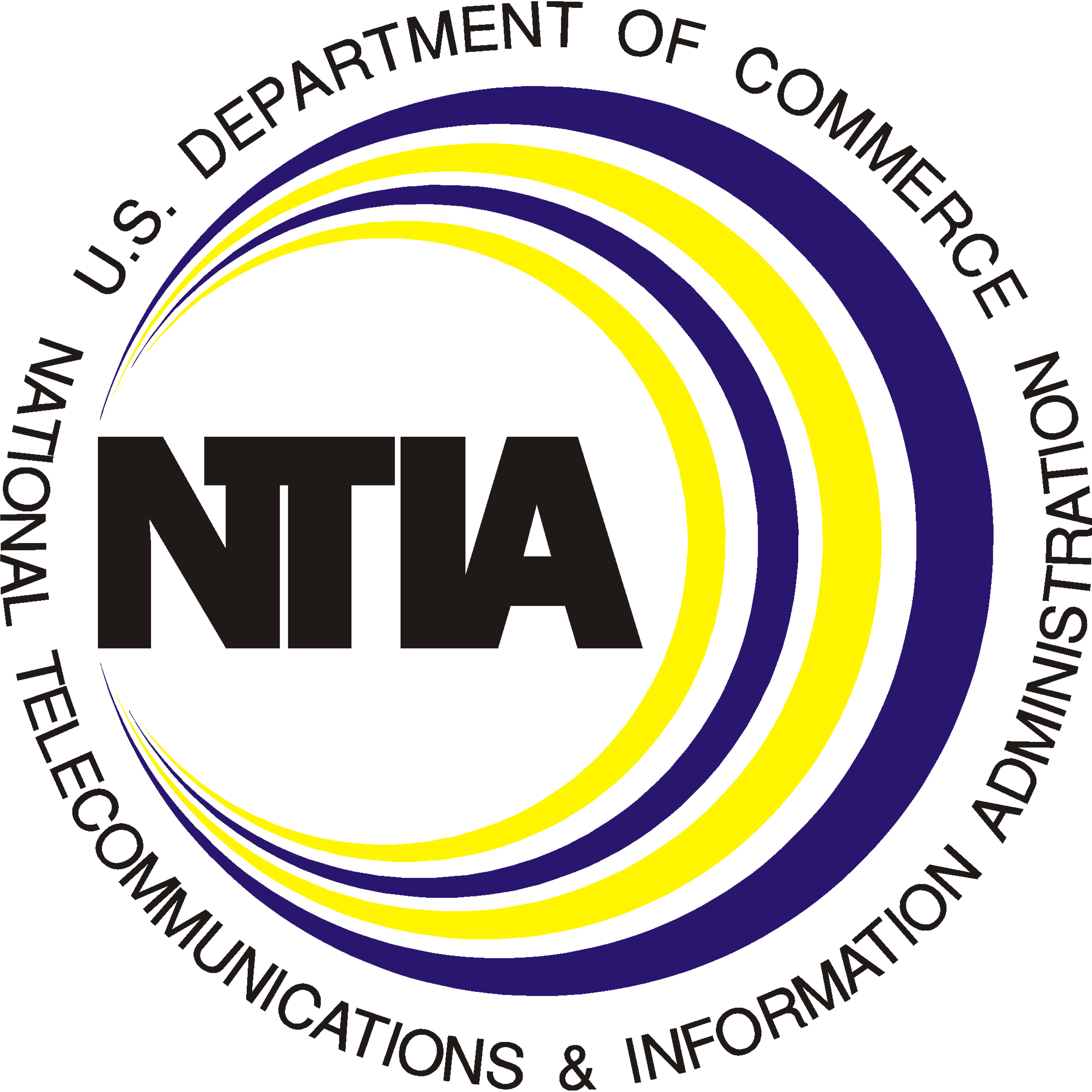Lawmakers Advocate for Tax Exemption on Broadband Grants

As the United States pushes forward with broadband expansion to bridge the digital divide, a new debate is emerging over the taxation of federal broadband grants. Lawmakers from both parties are urging Congress to exempt these grants from federal taxation, arguing that taxing these funds reduces their effectiveness and slows the rollout of high-speed internet, especially in rural and underserved communities.
Trump nominee pressed to block BEAD funding ‘giveaway’ to Musk’s Starlink

Headlines: A routine hearing to evaluate Arielle Roth, Trump’s nominee for Assistant Secretary of Commerce for Communications and Information, turned into yet another debate over Elon Musk’s ties to the […]
Can Low-Cost Broadband Survive Without Federal Support?

The conclusion of the Affordable Connectivity Program (ACP) in June 2024 has raised significant concerns about the sustainability of low-cost broadband services in the United States. The ACP, established in December 2021, provided eligible low-income households with monthly discounts of up to $30 for internet services and up to $75 for those on qualifying Tribal lands.
From Manila to Washington: Rethinking Broadband Lease Mandates

A rising policy movement in the Philippines calls for eliminating mandatory lease agreements for broadband connectivity equipment. Advocates argue it would reduce consumer costs and promote digital equity. As U.S. policymakers continue tackling affordability and access challenges, could a similar shift occur in the American broadband landscape?
AI and Broadband Expansion

A new industry report highlights how artificial intelligence is transforming broadband expansion. By leveraging AI-driven insights, network operators can make better decisions about where and how to deploy high-speed internet infrastructure. The report emphasizes that AI can optimize investment strategies, improve permitting processes, and ensure broadband reaches the communities that need it most.
Legislative Proposal Aims to Revamp BEAD Program Amidst Ongoing Debates

Rep. Richard Hudson, a North Carolina Republican, earlier this month introduced the Streamlining Program Efficiency and Expanding Deployment for BEAD Act, known as the SPEED for BEAD Act. He did so alongside members of the House Energy and Commerce Committee’s Subcommittee on Communications and Technology, which Hudson chairs.
CWA Member Criticizes Potential Changes to Broadband Fund Allocations

Headline: With fiber, you don’t have to worry about any of that.Article: Marcus Chambers, Communications Workers of America Maryland State Broadband Lead and member of CWA Local 2018, spoke out […]
US Official Blasts Trump’s Broadband Funding Shift From Fiber To Starlink

Headline: An outgoing official at the US Commerce Department alleges that the $42 billion BEAD program risks being derailed even more to benefit Elon Musk’s Starlink.Article: An outgoing official at […]
Photonic Chip Unlocks Ultra-Broadband Optical Signal Boosting

Headline: A new optical amplifier is changing the game.Article: Modern communication networks rely on optical signals to transmit massive amounts of data. However, like weak radio signals, these optical signals […]
BEAD Program Faces Delays Amidst Policy Shifts and Industry Concerns

The $42.5 billion Broadband Equity, Access, and Deployment (BEAD) program aims to expand high-speed internet access across the United States. However, recent policy shifts favoring satellite technology over fiber optics and delays in fund disbursement have raised concerns among industry stakeholders and state governments. Ensuring transparency and consistency in implementation is crucial as the program progresses.
